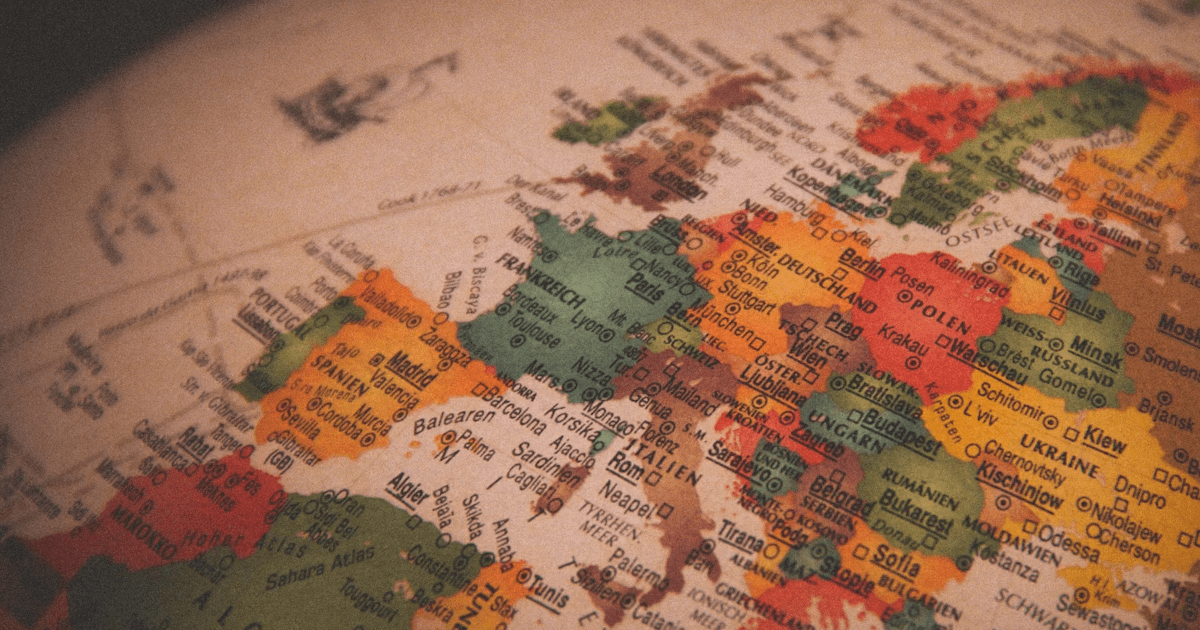European French-speaking markets: an integrated zone?

Let’s dive into the fascinating realm of French-speaking countries in western Europe and their intertwined destinies within the European Union (EU). It’s not just about croissants and cheese; but big bucks too.
The intricate ties: France, Monaco, Switzerland, and Benelux
If you’ve ever wondered whether it’s possible to have more diplomatic entanglements than a soap opera love triangle, look no further than France, Monaco, Belgium, Switzerland, and Luxembourg. Together, these are the French-speaking elite clubs of Western Europe. They might sing “La vie en rose” with differing accents, but don’t let that fool you—they’re an economic powerhouse under the EU’s sunny umbrella.
Well, except for Switzerland, which likes to hold hands without committing fully. Ah, Switzerland. Always there at family gatherings but never signing the guestbook. Despite not being an official EU member, its economy is tightly interwoven with those of its French-speaking neighbors. You know Switzerland, forever neutral yet deeply involved—one leg in ski boots, another in precision watches, all while subtly becoming part of this integrated economic zone.
French-speaking whisper along the Dutch canals
No discussion about French-speaking countries in Europe would be complete without mentioning Benelux. Belgium, Luxembourg (and the honorary Dutch uncle, Netherlands) have historic ties binding them economically and culturally to France. From cross-border jobs to shared public policies, it’s clear these nations enjoy basking in each other’s economic stability. Oh yes, they are definitely contributing to the regional French influence, one French phrase at a time.
The peculiar case of Romania
Oh, sweet Romania—where Dracula is less terrifying than its complex blend of Latin languages. Although primarily Romanian, French enjoys a sweetheart status much like vanilla in a mixed-flavor sundae. Over 4 million Romanians speak French, creating unique opportunities for Francophone cooperation and expanded EU funding adventures. The fluency in French among Romanians offers a valuable bridge for economic integration with the core French-speaking nations.
Educational programs, collaborative research, and business ventures rooted in this Romance language build the scaffolding for future endeavors. If only building IKEA furniture were this coherent and aligned! Surprising sectors of synergFrom tech start-ups to agribusiness, Romania finds various intriguing ways to tie knots with other Francophone countries. It showcases that language can indeed break barriers and create unexpected friendships in boardrooms and beyond—all thanks to Monsieur Voltaire’s linguistic charm.
Southern perspectives with Maghreb countries
Ever thought the Mediterranean could be even warmer? Picture this: North African nations like Algeria, Morocco, and Tunisia working hand-in-hand with their French-speaking cousins across the sea. This southern perspective adds an exotic spin to our story, enriching both sides economically and culturally. The bond goes deeper than hummus and couscous—it’s economic cooperation on sun-drenched shores. Imagine your favorite beach destination also being a linchpin in European economics, now that’s putting some zest in your zestful vacation!
You can’t ignore Morocco. Although it’s not an EU member, it shares significant regional science contributions with French-speaking countries in Europe, mainly through trade, tourism, and smart geopolitical moves. Tunisia and Algeria, despite various political hurdles, continue to maintain robust economic relations with European partners. These links manifest through mutually beneficial trade agreements, cultural exchanges, and academic partnerships. They might squabble occasionally, but what family reunion doesn’t come with a bit of drama?
Future perspectives for EU French-speaking markets
Gazing into the crystal ball, we ponder if the closer ties between these French-speaking regions will morph into something truly magnificent or just tale as old as bureaucratic gridlocks. Will national sovereignty take a backseat to bolstered economies, or will these synergies combust under the weight of collectively high expectations? With the EU continually amassing more responsibilities along with increased criticism, the real question hangs in the balance: Can the French-speaking pie get any thicker without splitting at the seams?
Future collaborations could span innovative technologies, healthcare advancements, or even tackling climate change. The key lies in striking a fine balance between collective strength and individual autonomy. French-speaking countries should standardize regulations for smoother collaboration, yet respect unique national intricacies. So sit tight, grab your metaphorical baguette, and keep an eye on these fascinating dynamics unfolding right before us.
Image: Christian Lue
